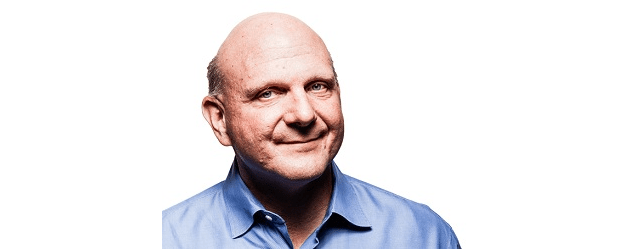In case you doubted Microsoft’s commitment to its devices and services transformation, the vendor put an exclamation point on it Tuesday, announcing plans to acquire the bulk of Finnish mobile giant Nokia in a deal worth $7.6 billion.
The deal sees Microsoft paying EUR 3.79 billion for Nokia’s devices and services business, and EUR 1.65 billion to license Nokia’s patents and use Nokia’s mapping services. It’s an all-cash transaction that’s expected to close in the first quarter of 2014, pending regulatory and other approvals.
The deal will also bring Nokia CEO Stephen Elop back into the Microsoft fold. Elop was the head of Microsoft’s business division until 2010, when he left to run Nokia. A native of Anchaster, Ont. and a graduate of McMaster University in Hamilton, Elop has also held senior positions at Adobe and Juniper Networks. With Microsoft CEO Steve Ballmer announcing his retirement plans last week, Elop has to be considered a strong candidate to be his successor.
While at Nokia, Elop brought the company closer to Microsoft, betting big on the Windows Phone platform over rivals such as Google Android.
“It’s a bold step into the future – a win-win for employees, shareholders and consumers of both companies. Bringing these great teams together will accelerate Microsoft’s share and profits in phones, and strengthen the overall opportunities for both Microsoft and our partners across our entire family of devices and services,” said Ballmer, in a statement. “In addition to their innovation and strength in phones at all price points, Nokia brings proven capability and talent in critical areas such as hardware design and engineering, supply chain and manufacturing management, and hardware sales, marketing and distribution.”
Elop has stepped aside as Nokia president and CEO, and will serve as Nokia’s executive vice-president of devices and services until the deal with Microsoft closes. He and several other executives are then expected to move to Microsoft, along with some 32,000 employees worldwide. Nokia retains its networking equipment business, and retains ownership of its patents.
“Building on our successful partnership, we can now bring together the best of Microsoft’s software engineering with the best of Nokia’s product engineering, award-winning design, and global sales, marketing and manufacturing,” said Elop, in a statement. “With this combination of talented people, we have the opportunity to accelerate the current momentum and cutting-edge innovation of both our smart devices and mobile phone products.”
In a statement, IDC analyst Francisco Jeronimo called the deal the end of an era for both Nokia and Microsoft. Microsoft realized it needs to control the entire value chain, and Nokia needed more financial muscle to drive its Lumia smartphone business.
“The market has moved from a product to an ecosystem battlefield. In this new world, phone makers need to excel in the hardware and design, but more importantly they need to excel in the user experience, as well as services and content offering, which is extremely cash demanding,” said Jeronimo. “Moreover, as smartphone penetration continues to grow, manufacturers will only be able to increase their sales by attracting users from competitors, which requires huge investments. Nokia realized it didn’t have the financial resources to become the third alternative to Apple and Samsung in the smartphone segment. Instead of waiting to see whether that would change and eventually risk running out of cash, it decided to sell itself to the only company really keen to invest in Windows Phone.”




